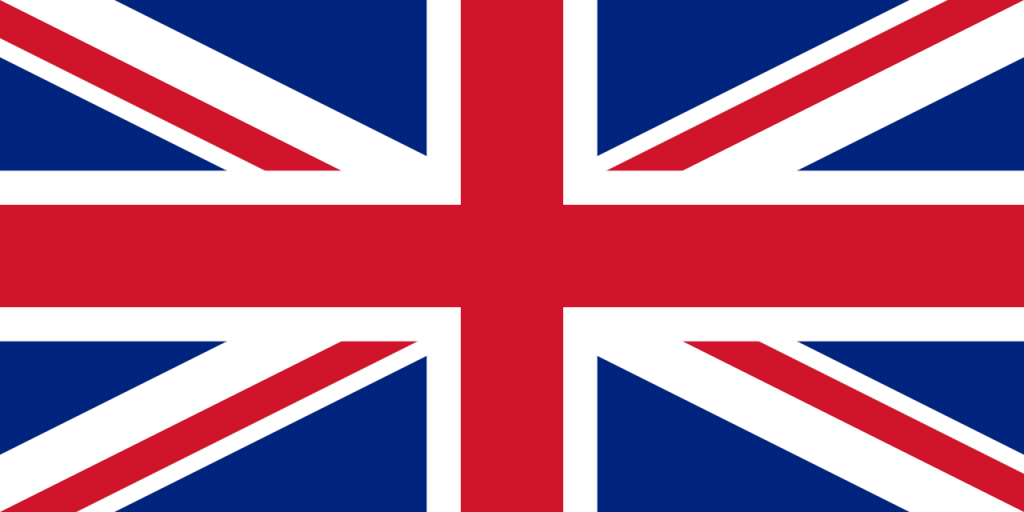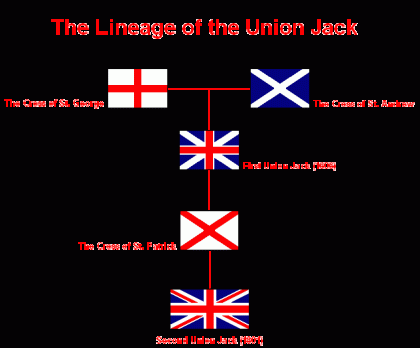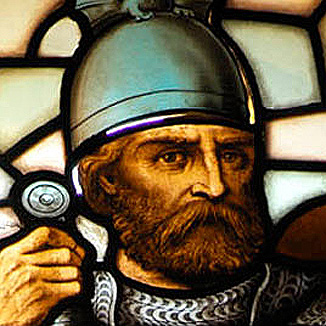
In 1707, with the passage of the Acts of Union, the parliaments of the Kingdoms of England and Scotland determined to secure a Parliament of Great Britain forming a political union so successful that, at its height, presided over an empire that encompassed nearly 20% of the people and a quarter of the land mass of the globe. On September 18th, 2014, the people of Scotland will vote in a referendum that seeks to dissolve that union. For more than three hundred years the contributions of Scotsman and Englishmen to the enormous influence the presence of a Great Britain has meant to the world as a military, political, cultural and democratic force has been inestimable. What looked like a quixotic quest for separateness by a smallish force of malcontents just a few months ago however has suddenly become a very real potential outcome of the referendum. A yes vote could mean some unalterable changes for centuries of communal considerations between kingdoms of the island of Albion and the kickstart of a number of similar actions around the world.
The Union Jack, the flag of Great Britain combines the kingdoms of England, Scotland and Ireland in an overlapped blend of the Crosses of St. George, St Andrew, and St Patrick. If the September 18th referendum separates Scotland, the blue background and oblique white cross of St Andrew will wash out of the flag and Great Britain will be considerably less – great.

Certainly the careful blending of the crosses on the flag has tended to obscure a fairly rocky history of relations between the inhabitants of the islands off the continent of Europe. In particular, the Picts of the northern part of the island known as Albion, with genetics, language and culture considerably different from their southern neighbors, developed a necessary defensive posture for nearly a thousand years to resist the encroachment of a progressively more aggressive south. First, the border of the northern reaches of the Roman Empire pushed against the native Caledonians and Pict tribes resulting in hostilities and the establishment of Hadrian’s wall as the boundary between civilizations. Later it was the encroachment of raiding parties of Saxons and Vikings, the militaristic push of the powerful Normans, and eventually the hostility of the English Kings, that belied any sense of shared destiny. But the island known as Albion also had at its core the antethical force of unique coalescing visions on the island such as the concepts of property, individual freedom, and the capacity of individual merit and industry. This led to the flowering of the Enlightenment, the Industrial Revolution, and progressively the sharing of a unique blend of character to change world history.
The current forces at work are not necessarily the hostility of cultural dissonance, as much as it is the political schisms that have wreaked havoc with the natural commonalities that have held the island together for so long. Scotland leans toward a more socialist construct, heavily supportive of public burdens for free health and education more in tune with the anti-democratic thrust of the bureaucrats in Belgium fronting the European Union. They object to the growing movement in England to protect the island against European mandates for immigration and trade, its love affair with the pound sterling, and the english tendency to see foreign policy more in line with their American cousins then modern Europe. They see their capacity to affect law suppressed by the higher representation of the English in parliament, and the natural resources abundant in the north sea oil fields off their coast as insufficiently benefiting them. They look to an independent Scotland as righting a mistake made when the Scottish King James was usurped on the throne by the outlander William of Orange in the Glorious Revolution of 1688, securing the primacy of English Protestantism at the cost of Scottish Catholics in the combined kingdom.
The forces attempting to hold the United Kingdom together have missed badly on gauging the mood of the Scottish populous. It has been assumed that the economic pain of separation would be too great for Scotlanders to be willing to take the risk of a yes vote, but the emotions are overwhelming any measured consideration of the risk. As has happened in America, the realities of economics are failing to sway the emotions of ‘hope and change’, and the price to be paid seems somehow avoidable. Yet realities are just that-realities- and the effects of a separation are considered to be dire for Scotland.
What Scottish independence says for the rest of Great Britain and the world may be as great. The Quebec province in Canada, the Catalonians in Spain, the old city states of northern Italy, the Walloons of Belgium, and others will be watching closely and taking measure. Even within England, the massive effect on political roles of the previously dominant Labour and Tory parties would be thrown asunder and likely make the upstart UKIP party the dominant force, upending hundreds of years of relative political tradition and definition.
The United States, which fought a war to secure the supremacy of the Constitution as the common force binding a diverse people, has progressively fallen away from democratic process to adjudicate differences, with the federal government taking more dominant roles every day in transcending the legislation process and regulating livelihood and personhood.

There is a significant Scot Irish genetics that runs through the founding documents of this country. One wonders if a William Wallace type is out there to stir a call to question as to whether the United States suffers from the same sclerosis of national leadership that has befallen its United Kingdom cousin.
It is after all, in a time like this devoid of leaders that drives the people to determine, more and more, to lead themselves.